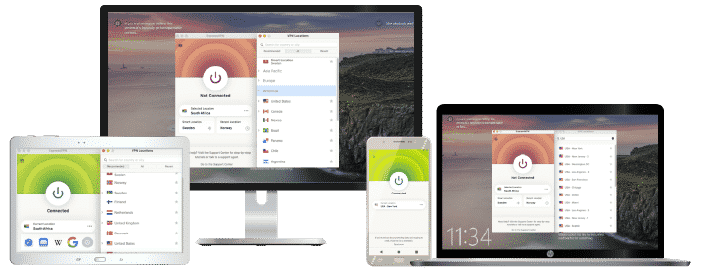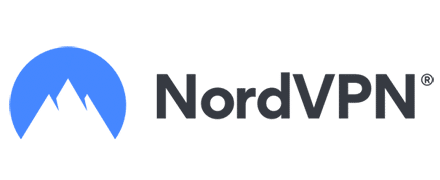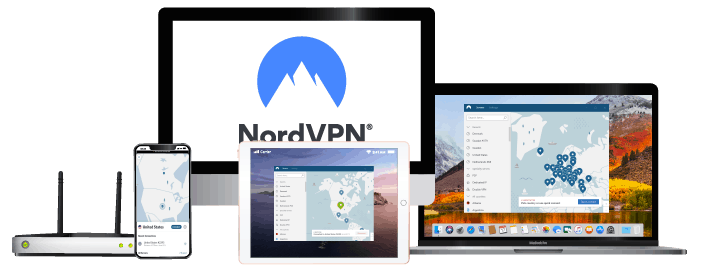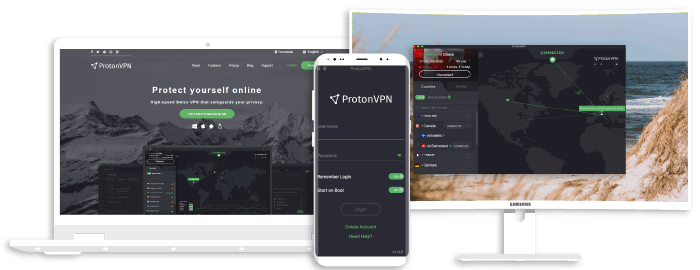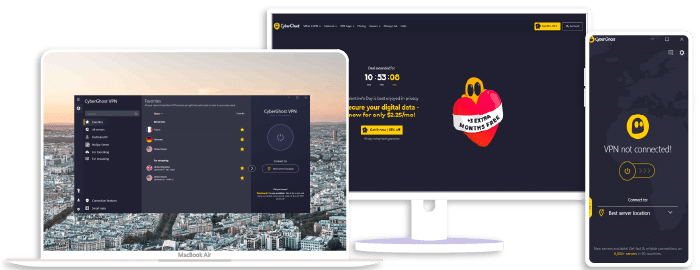What are the Key Differences Between DaaS and VPN?
Navigating the world of internet security can feel like a daunting task. With terms like DaaS (Desktop as a Service) and VPN (Virtual Private Network) floating around, it’s easy to get overwhelmed. But, don’t worry. I’m here to break down these two concepts for you.
First off, let’s talk about DaaS. It’s an outsourcing model where virtual desktop infrastructure is managed by a third party. Essentially, what DaaS does is allow users to access their desktops remotely from any location via the internet – something that’s become particularly handy in this era of remote work.
On the other hand, we’ve got VPN services such as ExpressVPN, NordVPN or SurfShark. These are tools that create a secure connection over public networks (like your standard Wi-Fi hotspot). They help protect your personal information from potential threats and give you an extra layer of privacy by masking your IP address.
While both DaaS and VPN offer remote accessibility and aim to keep data safe across networks, they serve different purposes within the realm of web security and function quite differently too; something I’ll explore in more depth throughout this article.
ExpressVPN
Overall score: 9.8
- 3,200 servers across 105 countries
- Works with streaming platforms
- AES 256-bit encryption
- Supports private protocol, Lightway
- Money-back guarantee
30-day money-back guarantee
NordVPN
Overall score: 9.6
- 8,700+ servers available in 129 countries
- Connect up to 10 devices simultaneously
- Great security features
- Verified no-logs policy
- Unblocks streaming platforms
30-day money-back guarantee
Surfshark
Overall score: 9.5
- 4,500+ servers in 100+ countries
- Allows unlimited simultaneous connections
- Integrates stealth mode
- Multihop feature available
- Webcam protection from unauthorized apps
30-day money-back guarantee
Proton VPN
Overall score: 9.4
- 17,250+ servers in 125 countries
- Free version available
- Strong security features
- Reliable no-logs policy
- Allows Perfect Forward Secrecy
30-Day Money-Back Guarantee
CyberGhost
Overall score: 9
- 9,300+ reliable servers in 100 countries
- 45-day money-back guarantee
- Strict no-log policy
- Tough security features
45-Day Money-Back Guarantee
Understanding the Basics of DaaS and VPN
Let’s dive right into the world of DaaS, or Desktop as a Service. It’s an innovative cloud computing service model where virtual desktop infrastructure (VDI) is outsourced to a third-party provider. What does that mean for you? Essentially, DaaS providers manage all the back-end responsibilities of data storage, backup, security, and upgrades – saving you time and resources.
In contrast with this approach is VPN or Virtual Private Network. A VPN allows users to access a private network while staying on a public network. This means that while I’m sipping my morning coffee at the local café using their public Wi-Fi, I can log onto my company’s secure network via a VPN like ExpressVPN, NordVPN or Surfshark without worrying about security threats. Now that’s peace of mind!
Now let’s look at some key differences between DaaS and VPN:
- Delivery Model: DaaS provides you with virtual desktops over the internet, whereas VPN connects your device securely to another network over the internet.
- Security: With a DaaS solution, there is no data stored locally, which reduces potential loss if devices are stolen or compromised. However, with a VPN – even though it offers encrypted connections – if your endpoint device is insecure, there’s still risk involved.
- Accessibility: When it comes to accessibility from multiple devices in different locations, both have their strengths. But remember: wherever you’re accessing from needs to be secure when using a VPN.
In essence:
- Use DaaS when you need an entirely virtual workspace managed by professionals
- Opt for VPN when secure connectivity from various locations is paramount.
That said, understanding these basics helps us differentiate between DaaS and VPN more effectively. Just remember – whether it’s ExpressVPN providing safe online browsing or Surfshark ensuring privacy protection; NordVPN offering worldwide access or DaaS streamlining operations – choosing the right tool depends on your specific needs!
Key Differences Between DaaS and VPN
In the world of digital technology, we’re often surrounded by acronyms that may seem confusing. Two such terms are DaaS (Desktop as a Service) and VPN (Virtual Private Network). While they both serve essential roles in remote working scenarios, their functions are distinct. Let’s delve into the key differences between these two technologies.
Firstly, DaaS is a cloud service solution where the backend of a virtual desktop infrastructure is hosted by a cloud service provider. Essentially, it means you can access your desktop environment from anywhere, at any time. It’s like having your personal computer on an internet server. Several companies offer this service but for the sake of brevity, I won’t list them all here.
On the other hand, VPN, like ExpressVPN or NordVPN or Surfshark, provides users with secure access to private networks over public internet connections. It’s akin to creating a secure tunnel for data traffic on an insecure network. These services encrypt your data traffic and mask your online identity, making it harder for third parties to track your activities online.
Now let’s look at some key differences:
- Purpose: The primary purpose of DaaS is to provide access to applications and data stored on a virtual desktop from anywhere, whereas VPNs primarily aim to provide secure connections to private networks over public ones.
- Security: Both DaaS and VPN have robust security measures but function differently. A VPN encapsulates and encrypts all outgoing network data so that nobody can see what you’re doing – not even your ISP or government agencies. On the other hand, in DaaS scenario all resources are stored in the cloud which inherently makes it more secure.
- Performance: With DaaS solutions you might experience faster performance because resources aren’t tied up with local machines but depend heavily on internet speed and bandwidth, while using VPN might slow down internet speeds due to encryption overhead.
So there you have it – while both technologies play huge roles in today’s remote work paradigm shift; they cater to different needs within this spectrum.
Conclusion: Choosing Between DaaS and VPN
It’s not about pitting DaaS against VPN, it’s more about understanding their unique functionalities and how they can serve you best. Desktop as a Service (DaaS) and Virtual Private Networks (VPN) both play vital roles in today’s digital world, but they’re designed for different purposes.
When it comes to securing your online activities, a VPN like ExpressVPN, NordVPN or Surfshark is the popular choice. These services mask your IP address, creating an encrypted tunnel between your device and the internet. This makes it difficult for third parties to monitor your activities or steal sensitive information.
However, if you’re looking for a solution that offers remote access to applications and data stored on cloud servers, then DaaS might be what you need. It allows businesses to save resources by outsourcing hardware requirements while providing employees with access from anywhere at any time.
To make an informed decision:
- Assess your needs: If privacy protection is paramount – consider VPNs; if accessibility to remote desktop environments matters more – look towards DaaS.
- Consider costs: While VPNs often come with affordable subscription plans, DaaS can be costlier due to its extensive features.
- Examine scalability: For rapidly growing businesses needing quick adjustments in IT infrastructure – DaaS could offer more flexibility.
So, I’d say each has its own merits, depending on individual or organizational needs. The key is understanding these differences, so you can make the right choice based on what fits best for you or your company’s operational demands. After all, it’s not always about choosing one over the other—sometimes using them together may provide just the secure, flexible solution needed in this ever-evolving digital landscape!
Join the TechRobot Newsletter
Actionable tips on online security, the best VPNs, unblocking guides, and special offers — straight to your inbox.

